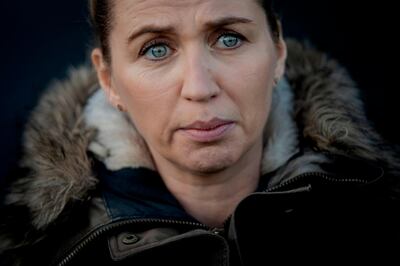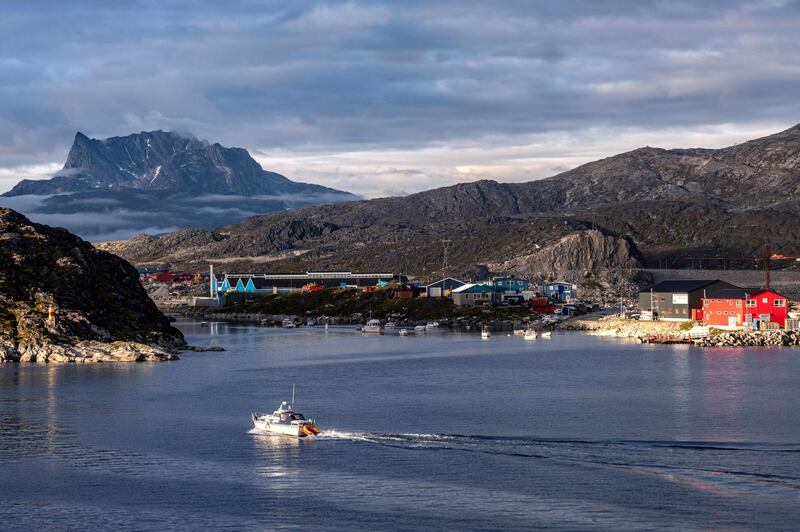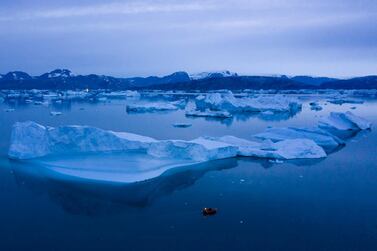Denmark apologised to 22 children who were removed from their families in Greenland in the 1950s to be raised as "little Danes".
As part of a social experiment, the children were taken from Greenland to Denmark where they assumed the Danish way of life.
Despite being promised a better life in Denmark, the children were deprived of contact with their families, could not understand Danish and were placed in foster homes. The goal was that they would eventually return to Greenland as Danish role models.
It was hoped this new elite group would create better links between Denmark and its island colony. But once they returned to Greenland they were not reunited with their parents and instead put in an orphanage. Many of them never saw their families again.
Prime Minister Mette Frederiksen apologised in a letter to the six children who are still alive. “We cannot change what happened. But we can take responsibility and apologise to those we should have cared for but failed to do,” she said.
“I have been following the case for many years and I am still deeply touched by the human tragedies it contains.”

Ms Frederiksen said she could “scarcely imagine” the loneliness and fright felt by the children during their forced relocation.
"You lost touch with your immediate family, your life story, and therefore your roots – the whole foundation that every child, every human being, needs and demands. No children should be exposed to it,” she said. "It was in my eyes an unreasonable and heartless treatment."
One of the children, Helene Thiesen, who was seven years old at the time she left for Denmark, said she was comforted by the apology.
"I am relieved that the apology has finally been delivered. It is really, really important. It means everything. I've been fighting for this since 1998," she told the news agency Ritzau.
The official apology follows the publication of a study that examined the fates of the children. Greenland’s Prime Minister Kim Kielsen said he was moved when he learnt of the plight of the children.
“Co-operation between Denmark and Greenland has developed a lot,” he said. "Today we are equals, looking back on history together.”
The massive Arctic island of Greenland is now an autonomous territory within the kingdom of Denmark. Even though it has said it wants full independence in the future, Greenland still relies on Denmark for currency, foreign relations and defence policy.
Separating from Denmark would mean the loss of an annual subsidy of about €480 million ($581m), or 60 per cent of its budget.







